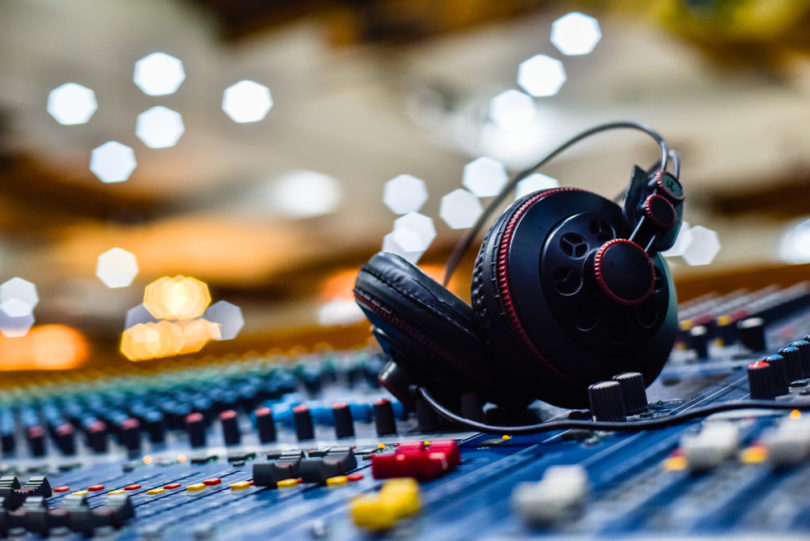It is easy to forget the contribution of hundreds of people behind the creation of your favorite songs or TV melodies when you listen to them. At the most, you might remember the vocalist or the name of the music director.
However, the creation of any tunes, songs, or even advertisement jingles in today’s media industry involves the hard work of many other professionals including audio engineers.
Audio or sound engineers are hired to combine their technical knowledge of acoustics and their passion for music to produce high-quality live or recorded sounds.
The role requires an immense passion for music and the capability to work hard and remain calm even in the most stressful of times.
There are many audio engineering schools in Toronto or other major media hubs that can provide you with the relevant skills to be a quality audio engineer.
Let’s dive into the career profile of the profession and learn what it can be like to become an audio engineer:
What Are The Primary Responsibilities of an Audio Engineer?

All audio engineers are not the same. Your responsibilities as a sound engineer would vary depending upon the profile of your job.
For instance, you can be responsible for ensuring all audience members can hear the show as a front-of-house live sound engineer.
On the other hand, you can be involved in executing a recording session with a musician as a studio sound engineer.
Overall, here are a few job responsibilities that are common to most audio engineering career paths.
- Interacting with different performers, artists, or music producers to understand their vision for a project and contribute with their own ideas.
- Conducting and operating individual or group recordings of musical instruments or vocals in a studio.
- Conducting sound checks for the sound and acoustic quality of the microphones in an in-house studio.
- Carefully dismantling the audio equipment and tools after a recording or a performance.
- Resolving and troubleshooting any audio-related technical problems that may arise during the shoot or musical performance.
- Operating and guiding a mixing console to create a live mix of sounds and balanced audio files.
- Maintaining a detailed log of all studio recordings.
What Kind of Education and Skills Do You Require to be an Audio Engineer?
If you have the right kind of passion and respect for music, your career path to being an audio engineer can be quite easy.
Most audio engineers starting their careers in the media industry usually have a relevant degree in musical engineering or technology.
You can also make a switch from other branches like computer science or acoustics and try your hand at audio engineering career paths like sound mixing.
Pursuing the right audio engineering program can provide you with the right skills for your career such as a good ear for musical sound and pitch and a logical approach to problem-solving.
Invest in a good audio engineering program today to establish a successful career in the media industry.


